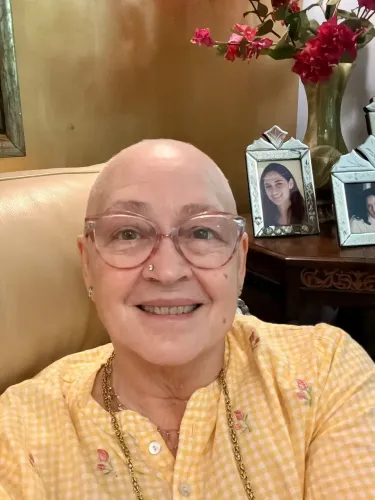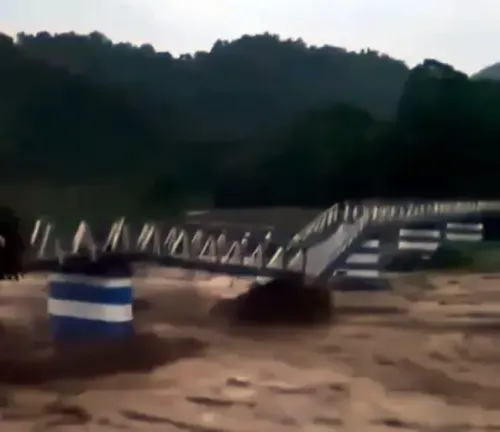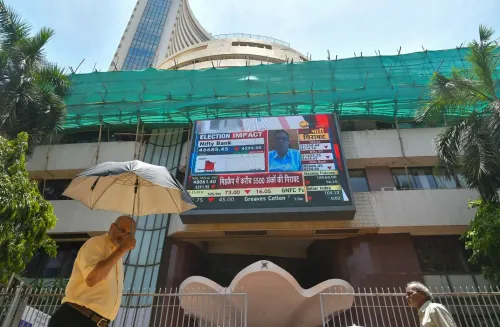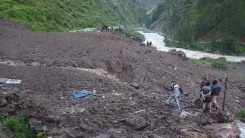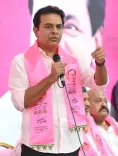Will Delhi CM Rekha Gupta's Initiative End Encroachment on MAMC Campus?
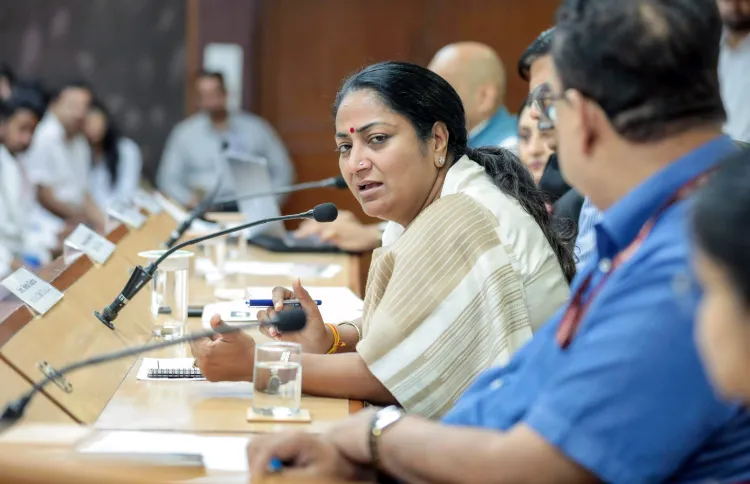
Synopsis
Key Takeaways
- Dedicated initiative to remove encroachments on MAMC campus.
- Renovation plans for student hostels to enhance living conditions.
- Enhanced safety measures including better lighting and security.
- Regular progress reports mandated every 15 days.
- Focus on student welfare and accountability.
New Delhi, June 23 (NationPress) Delhi Chief Minister Rekha Gupta announced a dedicated initiative on Monday to address encroachments within the Maulana Azad Medical College (MAMC) campus, while also promising an imminent renovation of student hostels.
"Our commitment is unwavering in providing every student in Delhi with a secure and supportive environment. We stand with the students, ensuring transparency, accountability, and sensitivity,” stated CM Gupta following her discussions with medical students.
During the meeting, students raised concerns regarding campus security, inadequate lighting, insufficient security staff, illegal encroachments, and the need for a fear-free environment.
CM Gupta attentively listened to student grievances and instructed officials to implement immediate and effective solutions.
She mandated that progress reports be submitted every 15 days and announced plans for an on-site inspection at MAMC.
Officials from the Health Department, Public Works Department (PWD), college administration, and student union representatives were present during this crucial meeting.
Medical students highlighted the dilapidated conditions of hostel walls and ceilings, which jeopardize safety.
Female students expressed that the lack of proper lighting at night contributes to feelings of insecurity within the campus.
CM Gupta expressed serious concern over the state of MAMC hostels, noting that the seven hostels, built between 1966 and 1990, were originally designed for only 1,200 students, while currently housing around 3,200 in cramped, subpar conditions.
With eight beds per room, shared cupboards, and no basic amenities like study tables, there is an urgent need to expand facilities and optimize land use.
She characterized this situation as deeply troubling, reflecting severe negligence and lack of accountability from previous administrations.
In prioritizing student welfare and safety, the Chief Minister outlined several actionable steps.
She instructed PWD officials to commence repair and renovation work on hostels to enhance living conditions.
To improve nighttime safety, high-intensity LED streetlights will be installed throughout the campus.
Furthermore, a 24x7 CCTV surveillance system and increased security personnel will bolster overall safety.
A special initiative will be launched to facilitate smoother movement and a safer atmosphere on campus.
Additionally, she urged the swift advancement of plans for a new hostel, which has faced delays.

